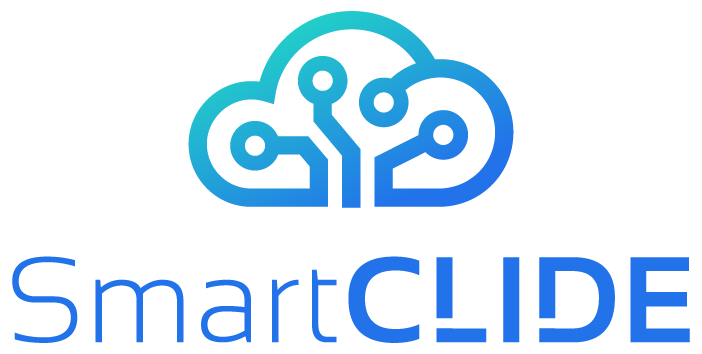- Authors: Elvira Maria Arvanitou, Nikolaos Nikolaidis, Apostolos Ampatzoglou, Alexander Chatzigeorgiou
- Location: 17th International Conference on the Evaluation of Novel Approaches to Software Engineering (ENASE ‘22)
Abstract: Scientific software development refers to a specific branch of software engineering that targets the development of scientific applications. Such applications are usually developed by non-expert software engineers (e.g., natural scientists, biologists, etc.) and pertain to special challenges. One such challenge (stemming from the lack of proper software engineering background) is the low structural quality of the end software-also known as Technical Debt-leading to long debugging and maintenance cycles. To contribute towards understanding the software engineering practices that are used in scientific software development, and investigating whether their application can lead to preventing structural quality decay (also known as Technical Debt prevention); in this study, we seek insights from professional scientific software developers, through a questionnaire based empirical setup. The results of our work suggest that several practices (e.g., Reuse and Proper Testing) can prevent the introduction of Technical Debt in software development projects. On the other hand, other practices seem as either improper for TD prevention (e.g., Parallel / Distributed Programming), whereas others as non-applicable to the branch of scientific software development (e.g., Refactorings or Use of IDEs). The results of this study prove useful for the training plan of scientists before joining development teams, as well as for senior scientists that act as project managers in such projects.



Comments are closed